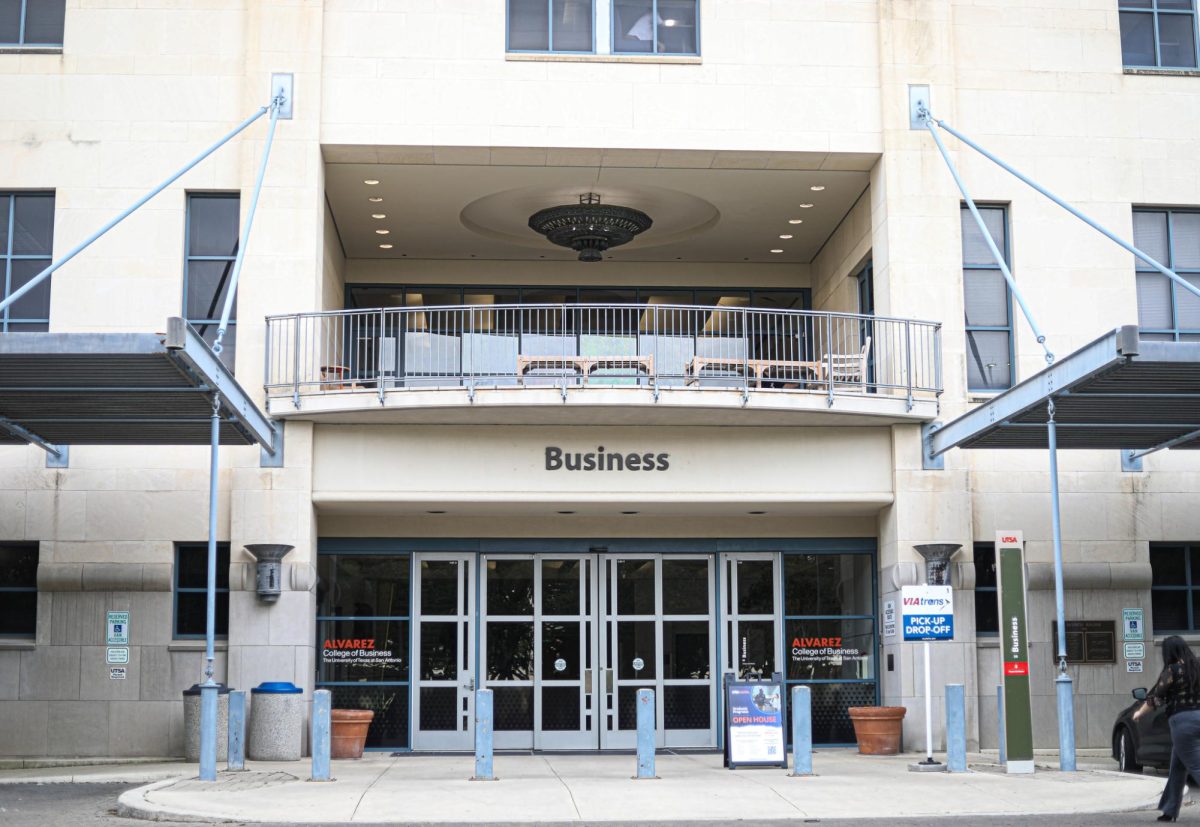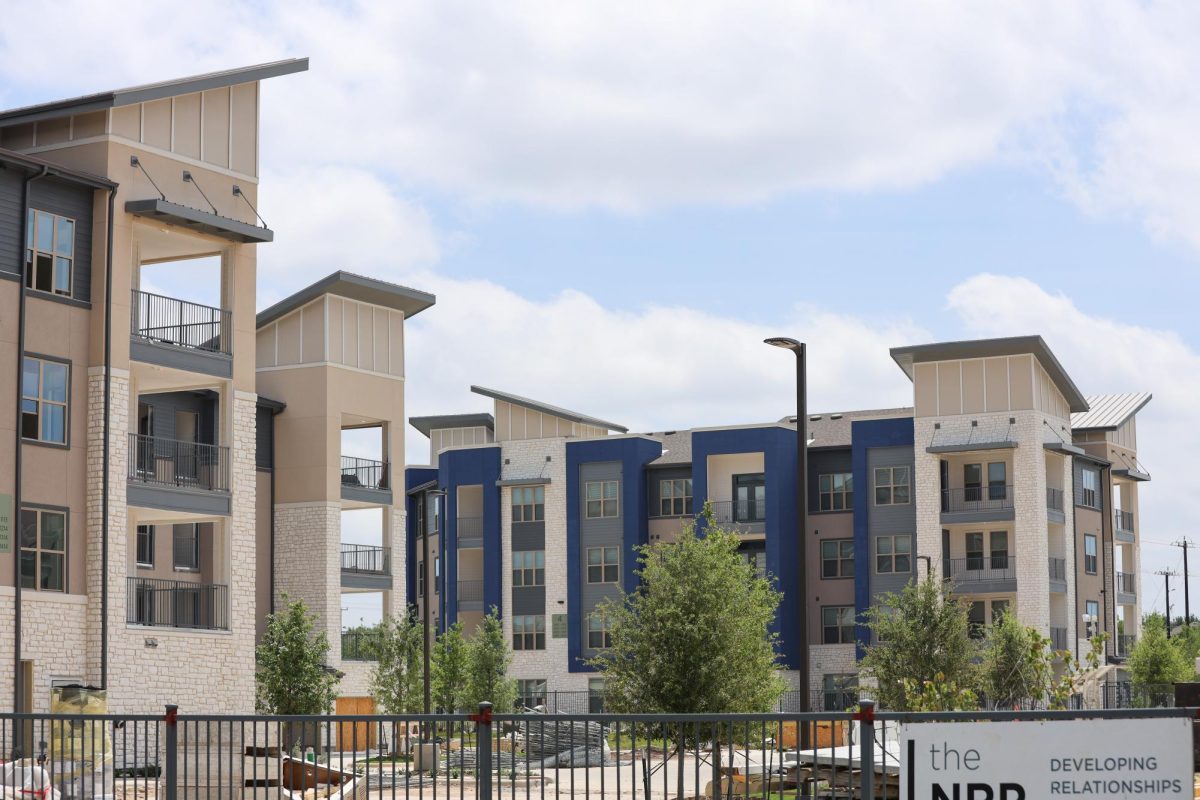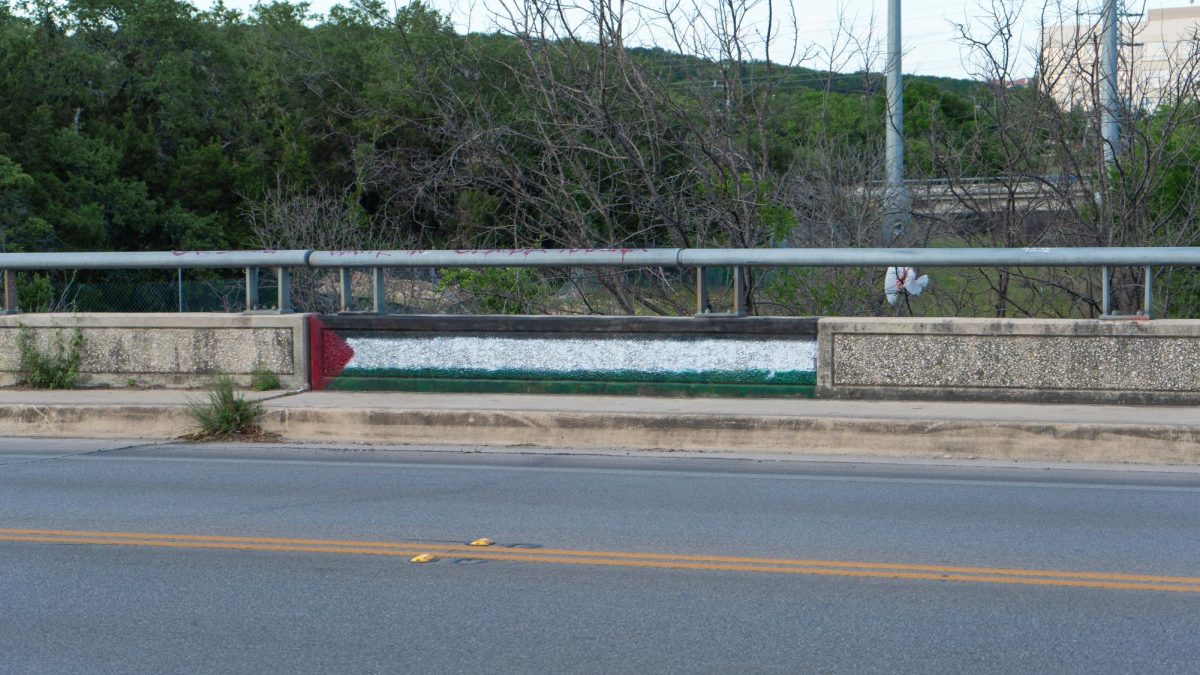“Having lived in a war zone, they have either been injured or seen someone injured or even killed. They have lost everything, their homes, and their savings,” said Director of the Center for Refugee Services, by Medical Center, Margaret Costantino, describing what most refugees live through before seeking sanctuary. “Many families are split, with their older child back at home stuck in a dangerous place, and part of the family was able to get out.”
The Center for Refugee Services is a non-profit organization that started with a group of UTSA doctorate students in 2010. Founder Ria Baker and Director Costantino, along with other individuals, were working on their PhDs in Counselor Education and Supervision when they realized they shared the same vision–to assist refugees who found a home in San Antonio.
“We are culture guides in a way; we help them understand how our systems work. One of the biggest barriers they have is language,” said Costantino.
The center provides various services including cultural counseling, education, citizenship classes, maternity assistance for new mothers, assistance with SNAP food program and Medicaid and referrals to health, employment and education.
Coming to a new country is an adjustment for anyone, especially when one has to adjust to a whole new regime. “Some people come from a country where health care is free; in this country, nothing is free. That is a big culture shock, to find out that if they take an ambulance and go to hospital with a sick child, they are going to be getting more than one big fat bill,” said Costantino.
US government officials determine eligibility for refugee status, and every circumstance varies by priority. However, anyone who has participated in persecution against race, religion or nationality and members of a social group or political party is not eligible for refugee status. Costantino has heard of refugees waiting five to 25 years before they finally set foot on US soil, but she believes it’s well worth the wait.
The Texas Health and Human Services Commission states Texas receives around 4,500 refugees a year.
“All refugees come from a place where there have been terrible war and human rights violations. In countries where there is war and violence, people become displaced; they are fleeing from almost certain death. They are being targeted because of their religious or political beliefs, or they are being targeted because of their ethnicity,” said Costantino. Most refugees come from Afghanistan, Somalia, Iraq, Syria, Sudan and the Democratic Republic of the Congo.
Once refugees have resettled in the United States, government programs are required to assist refugees for six months. The Center of Refugee Services steps in after those six months, to aid San Antonio refugees. Costantino believes six months is not enough time for refugees to resettle in a new country, especially after staying in a refugee camp for so long. “It can be very damaging in the long run to their education and their health. You don’t get the very best health care or the best education when you are living in refugee camps.”
The Center is funded by local churches, donations and from their small craft shop, World Mosaic Market, located next to the center. The center wishes to see more community involvement, such as at their “5K Walk/Run for New Beginnings” on March 28.
Margret Costantino believes the refugee community is underrepresented. “Not many Americans know that there are refugees in their neighborhoods, and on your campus, walking from class to class. You are passing by refugee students all the time but they don’t look any different than anyone else. These people sacrificed a lot to be here and all they want is to live in peace.”











